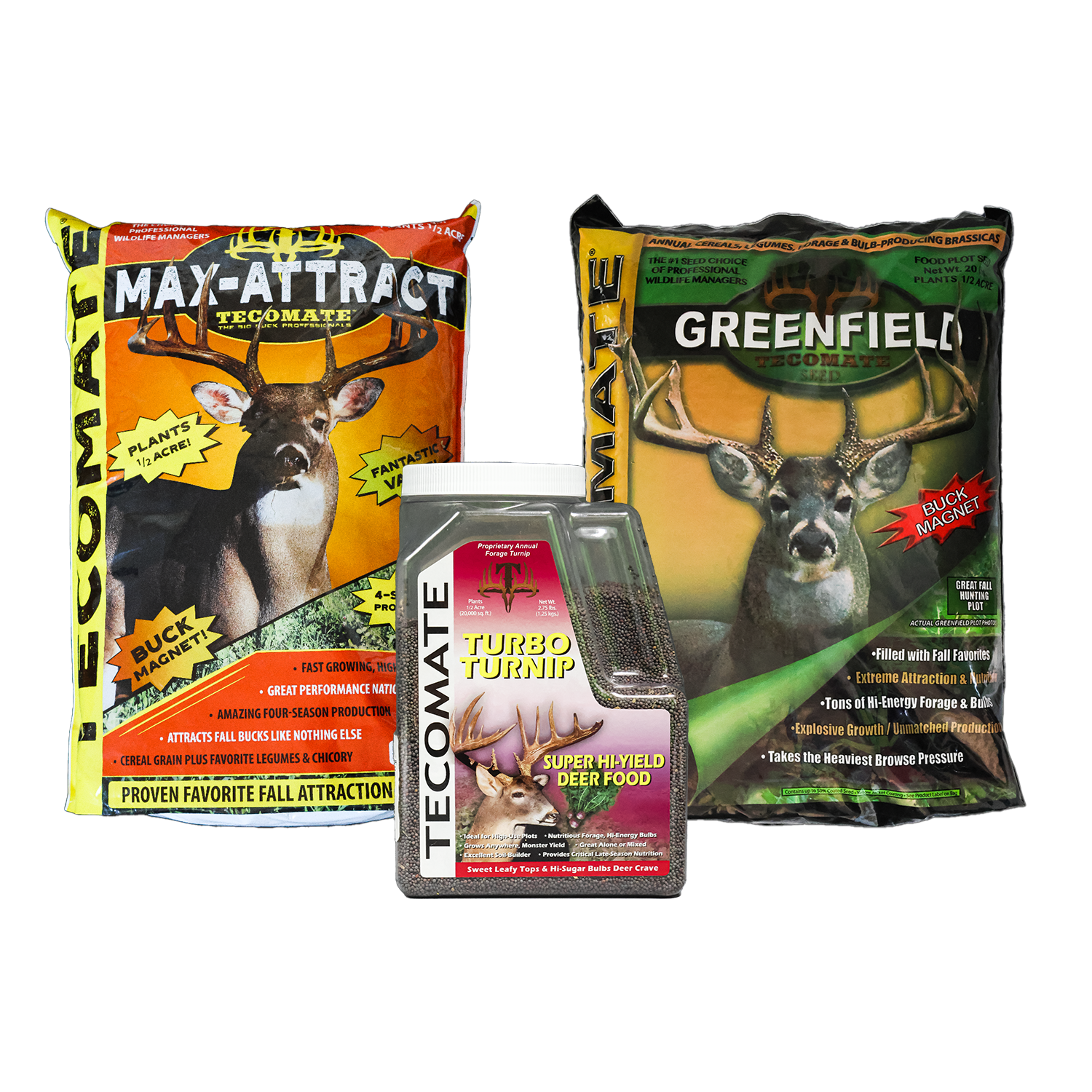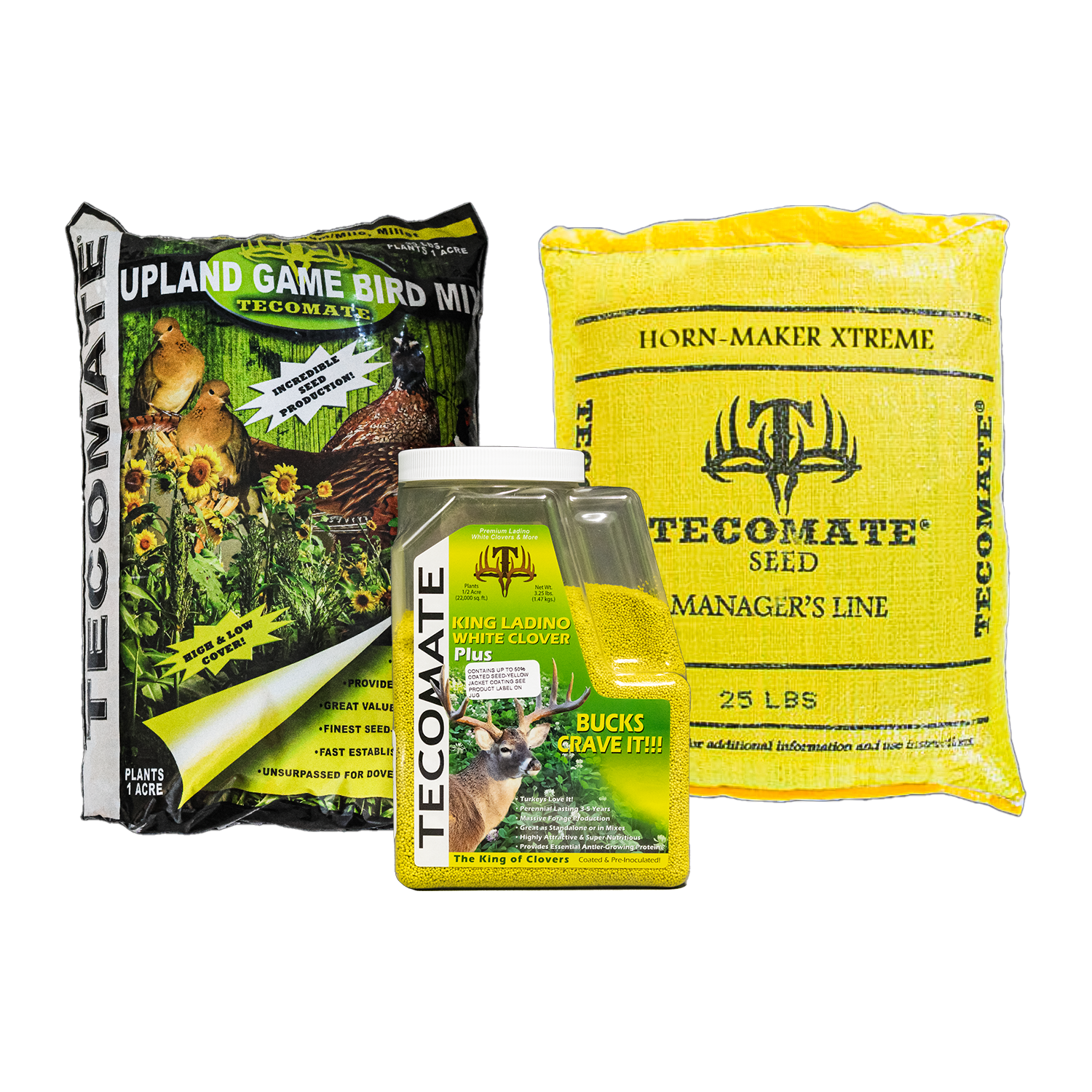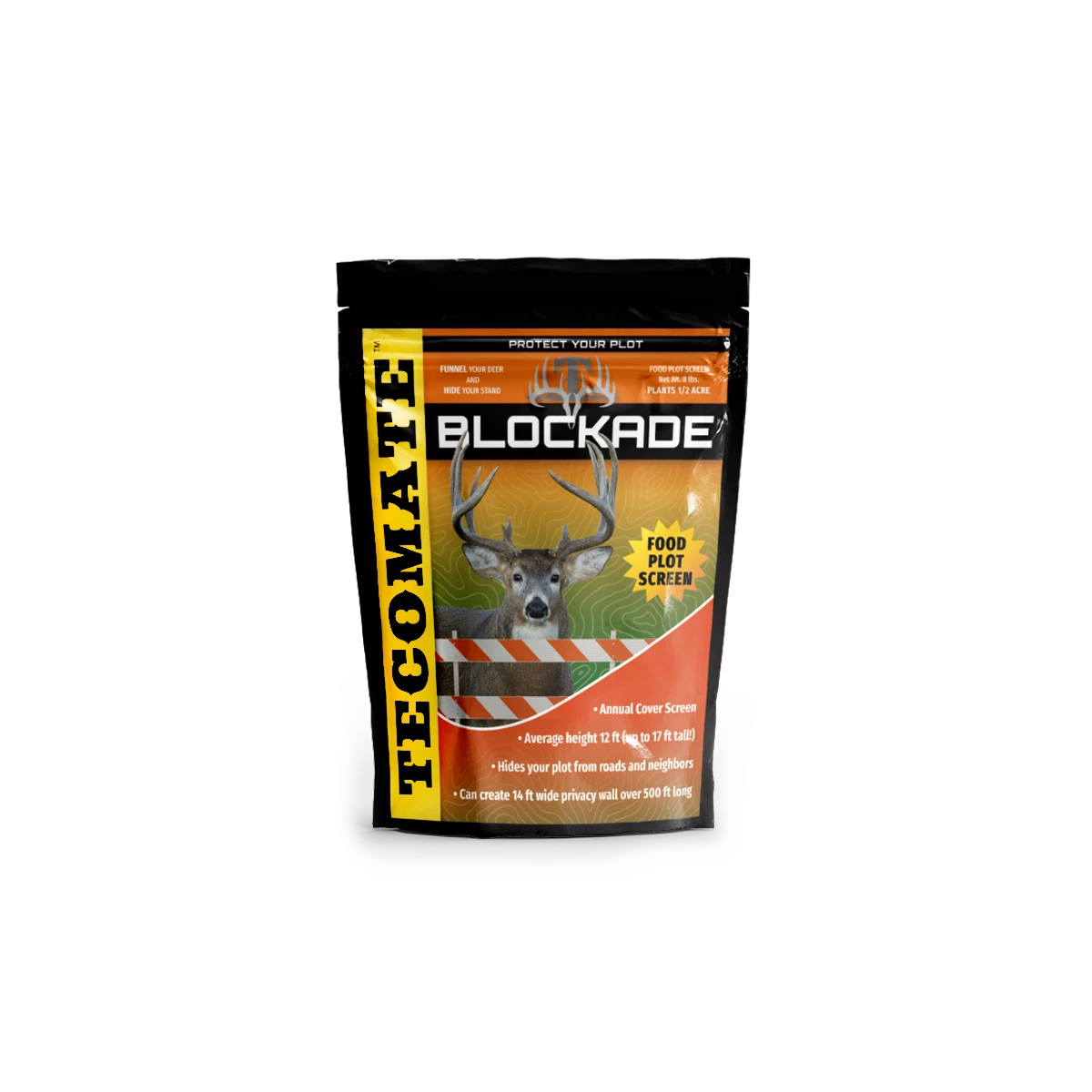Can a Selective Buck Harvest Affect Free-ranging Deer Antler Characteristics?
Mickey W. Hellickson, Charles A. DeYoung, Randy W. DeYoung, Randy Fugate, Donnie Harmel, David G. Hewitt, and E. L. “Butch” Young
Selective breeding experiments with penned deer have documented rapid improvement in antler quality. Our objective was to determine if rapid improvement was possible in a free-ranging population subjected to selective harvest.
This South Texas study included 9,500-acre treatment and control areas. Both received similar, conservative, sport harvest. The treatment area also received intensive culling of 1.5-year-old bucks with <6 antler points and bucks >2.5 years old with <9 points. Results were monitored annually by helicopter and spotlight census and live capture. Treatment-area culling removed 142 bucks, including 66 yearlings, versus 3 cull-type bucks removed from the control area. Census data indicated decreasing trends in deer density on both areas, an increasing adult sex ratio (F:M) on the treatment area, and a decreasing sex ratio on the control area. Six years of deer captures resulted in 182 and 125 bucks on the treatment and control areas, respectively.
Contrary to expectations, a higher percentage of bucks captured and released on the treatment area (61 percent, 14/23) met the culling criteria versus the control area (34 percent, 10/29) during the most recent live capture. No differences were found between areas when the dataset was limited to bucks born after initiation of the selective harvest program, of which 59 percent (26/44) met the culling criteria on the treatment area, versus 48 percent (19/40) on the control area.
Results suggest that decreasing the proportion of small-antlered bucks is difficult in a free-ranging population. Companion studies on buck dispersal and reproductive success will provide additional insight.
Cooperative funding was provided by King Ranch, Inc. and Texas Parks and Wildlife Department.
Posted by Dr. Mickey W. Hellickson











Leave a comment